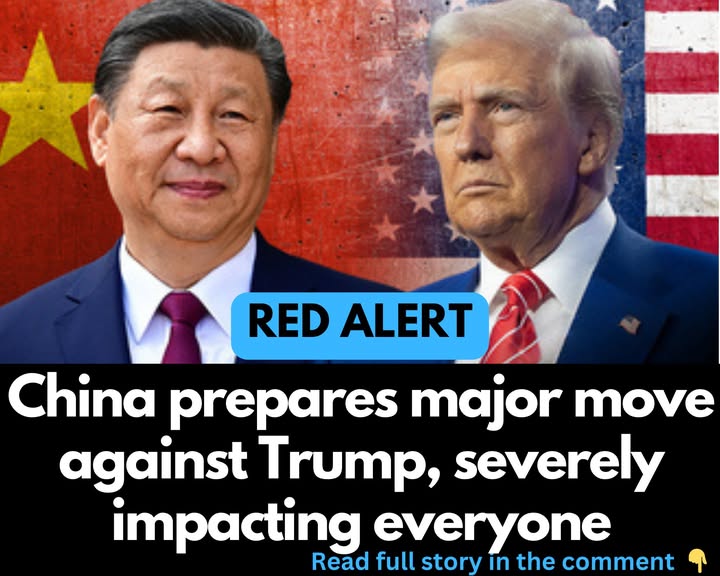China is strategically positioning itself to disrupt President Donald Trump’s efforts to secure a tariff agreement with the European Union, as tensions from the U.S.-China trade conflict reverberate globally. Experts caution that Beijing may leverage its economic influence to entice European nations, potentially undermining U.S. trade objectives.
Amid escalating tariffs, with the U.S. imposing up to 145% on Chinese imports and China retaliating with 125% tariffs on American goods, both economies are experiencing significant strain. In response, China is actively seeking to strengthen trade relations with the EU, offering incentives that could appeal to European leaders facing domestic economic pressures.
Business Insider
Elaine Dezenski, senior director at the Foundation for Defense of Democracies, notes that China’s vast consumer market presents an attractive alternative for the EU, especially as U.S. trade policies become more unpredictable. She warns that China’s overtures could tempt European countries to pivot away from traditional alliances.
President Trump has expressed confidence in reaching a trade deal with the EU, asserting that an agreement is inevitable. However, the EU’s apprehension about the redirection of Chinese exports into their markets, due to U.S. tariffs, adds complexity to the negotiations. European Commission President Ursula von der Leyen has emphasized the need for a responsible and negotiated response to the evolving trade dynamics.
As China continues to engage with European nations, offering trade partnerships and economic incentives, the geopolitical landscape is shifting. The outcome of these developments will significantly impact global trade relations and the balance of economic power.
